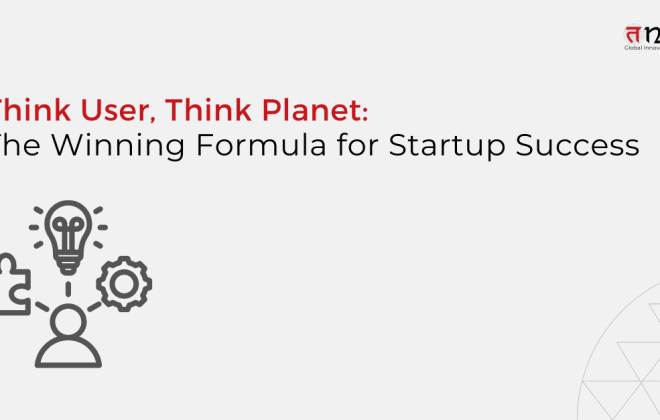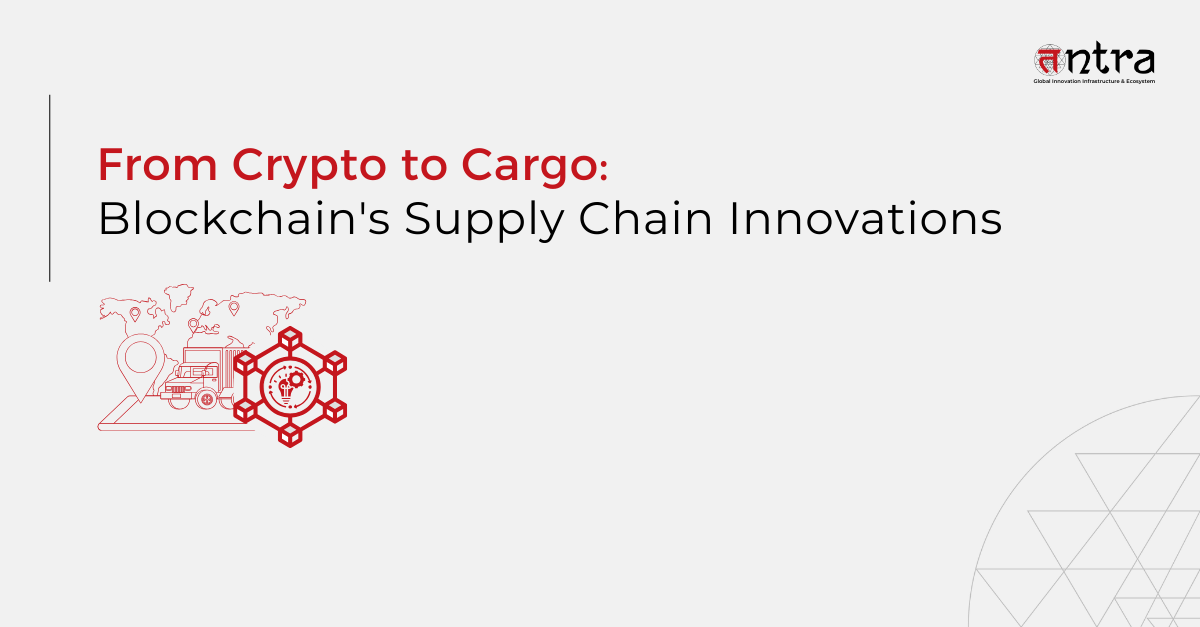
The Basics of Blockchain and Cryptocurrency: A Step into the Future
Table of Contents
ToggleCryptocurrency and blockchain technology are transforming the digital landscape by offering secure, decentralized solutions for financial transactions and beyond. Blockchain serves as the backbone for cryptocurrencies like Bitcoin, ensuring transparency and security without intermediaries. The future of cryptocurrency looks promising, with potential applications in various industries, from fintech to supply chain management. As blockchain revolutionizes how businesses operate, understanding its basics is crucial for embracing the digital transformation and staying ahead in an increasingly tech-driven world. Continue reading to learn more.
Travala is a travel agency that avoids traditional banking by utilizing blockchain and bitcoin technologies. It makes advantage of services offered by payment solutions provider Reap. The blockchain and currency used by Travala were created by the AVA Foundation in order to boost the value of loyalty points, discounts, and other advantages provided to holders of AVA tokens.
According to Travala, there are more than 600 airlines, 2.2 million properties, and 400,000 activities worldwide, so there are plenty of possibilities for travelers who feel safe buying AVA, loading their account, and utilizing it to make travel plans.
Travala features a non-fungible token (NFT) membership scheme and takes around 130 cryptocurrencies. You must lock up (stake) 2,500 AVA in order to access the Travel Tiger NFT, which grants you access to airport lounges, discounts, concierge services, and other benefits.
(Source: Investopedia)
Blockchain and Cryptocurrency: The Future of Finance
With a compound annual growth rate (CAGR) of about 85.9% from 2022 to 2030, the worldwide blockchain market is expected to reach a valuation of $1,431.54 billion. As of July 15, 2022, there are 83,434,000 users using blockchain wallets.
Blockchain has the potential to save banks over $10 billion annually, or 30% of their infrastructure expenditures.
According to PwC, 61% of businesses now rank digital transformation projects as their top growth goals, and blockchain technology helps meet the growing demand for increased enterprise security and transparency.
How Blockchain and Cryptocurrency are Driving the Future
Among the rapid developments in the world of digital technology, few inventions have raised so much interest and debate as cryptocurrency and blockchain technology. Although they are often mentioned in the same breath, grasping the essential differences between them and what their possible impact will be on industries worldwide is essential for anyone interested in the future of finance and technology.
What is Cryptocurrency?
Cryptocurrency, at its very core, is some form of digital or virtual currency that utilizes cryptography for security. Unlike other traditional forms of currencies issued by governments, cryptocurrencies are decentralized-they operate independently of any central authority, such as a bank or government. While the most famous example is Bitcoin, there are literally thousands of other cryptocurrencies in existence today, each with its own use case and technology.
Cryptocurrencies work on the principle of a system called blockchain technology, ensuring secure, transparent, and immutable transactions. But what is blockchain, and how does it tie into cryptocurrency?
Blockchain for Beginners: A Revolutionary Technology
The best way to explain blockchain for beginners is by describing it as a distributed ledger technology, recording transactions across an entire network of computers in such a manner that it is both tamper-proof and transparent. Instead of having a central server maintaining the records, blockchain relies on a network of nodes-computers that verify and store every transaction in a “block.” Each block is connected with a previous one, forming a chain of blocks-hence the term “blockchain.”
Because this is a distributed structure, the modification of any information after being recorded becomes immensely hard. This makes blockchain an ideal technology for cryptocurrency transactions in which trust and security have to be paramount. In addition, the ledger is public, so anyone can check if certain transactions occurred; this adds another layer of transparency.
Cryptocurrency and Blockchain Technology: A Symbiotic Relationship
The core of cryptocurrency and blockchain technology is the concept of decentralization. Traditional financial systems are based on centralized institutions like banks that control money flow, validate transactions, and enforce rules. On the other hand, blockchain technology enables cryptocurrency to work completely without intermediaries, ensuring that transactions are transparent, highly efficient, and secure.
For example, when you send Bitcoin to someone, it gets recorded on the Bitcoin blockchain. The network verifies your balance, and when confirmed, the transaction is part of the blockchain forever, being visible for all participants but impossible to change.
The Future of Cryptocurrency: Opportunities and Challenges
The future of cryptocurrency is bright and full of possibilities. From being a mainstream mode of payment, investment, and even governance, as more businesses and governments explore its potential, cryptocurrencies might turn out to be that. Beyond the financial sector, blockchain technology holds promise for revolutionizing industries such as healthcare, supply chain management, and voting systems, offering new levels of transparency and security.
Challenges still exist, though. Among the issues that need resolution are regulatory uncertainty, scalability problems, and energy consumption if cryptocurrency is to become truly a global asset.
Blockchain Revolution: How the Technology Behind Bitcoin Is Changing the Way We Do Business
The blockchain revolution is not a thing to happen with cryptocurrency alone. Blockchain technology is also bound to disrupt traditional business models across different sectors. From technology consulting solutions and software product engineering solutions to fintech app development services, blockchain is becoming an integral part of the digital transformation strategy for many companies.
The same, for example, applies to software companies; they make DApps in the way of blockchain technologies that help users have even more power over their personal data and all the transitions. For example, many financial organizations nowadays adopt this technology, promising seamless process management, reduced fraudulent activities, and high levels of transparency when performing cross-border payments and digital asset management.
Blockchain Technology in Cryptocurrency and Beyond
As blockchain technology continues to mature, its applications will go way beyond cryptocurrencies. Indeed, industries are already integrating blockchain-based solutions to enhance data security, traceability, and operational efficiency. Blockchain-based digital transformation solutions can help companies automate processes, reduce costs, and stay competitive in a fast-changing digital environment.
For businesses looking to engage in fintech app development services, blockchain presents an exciting opportunity to innovate and offer users a more secure, transparent, and efficient financial experience.
Final Thoughts
Blockchain and cryptocurrency are not mere buzzwords but revolutionary technologies that will really change the way we think about money, security, and data. Whether it be a business wanting to leverage blockchain technology for digital transformation or an individual interested in the future of cryptocurrency, understanding these technologies will be key to staying ahead in the digital age. The blockchain revolution is just getting started, and the potential to reshape industries and economies is limitless.
Tntra, a leading software product engineering company, enables businesses to take advantage of Blockchain and maximize their fintech outcomes.
Contact us today for a free consultation.





